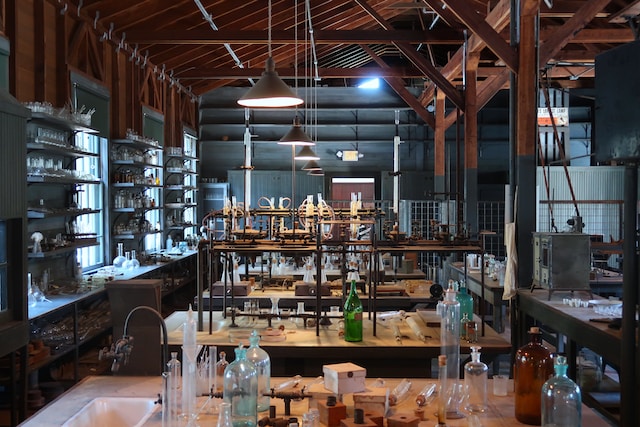
CLIA and COLA accreditations are essential for laboratory owners. They help show clients, patients, and other medical professionals that your lab follows regulations.
In some cases, there are slight differences between CLIA and COLA. For example, COLA requires correlation studies for new instrumentation, while CLIA does not. COLA also enforces a few other requirements that CLIA does not.
Accreditation
Whether your lab is accredited or not, there’s no time like the present to pursue COLA accreditation. While obtaining accreditation is no walk in the park, hiring a cola compliance Hazard KY team can make your lab stand out and boost your business’s reputation and credibility within the medical community. COLA has been deemed by the Centers for Medicare and Medicaid Services (CMS) to be an independent laboratory accrediting organization. This group’s mission is to support physician office laboratories in adhering to CLIA rules and other relevant laws. From a regulatory standpoint, there are only minimal differences between the requirements set by CLIA and those enforced by COLA. For example, while CLIA does not require correlation studies, COLA does. Other slight differences include the requirement that labs perform overlapping old and new test results five times, while CLIA requires only three overlaps. Regardless of the specific regulations enforced, each accrediting agency has strengths that can benefit your laboratory and make it easier for you to pass inspections.
CELIA
CLIA is a set of standards that all clinical laboratories must adhere to. It ensures that patients receive accurate and reliable test results, regardless of where the tests are performed. The Centers for Medicare and Medicaid Services regulate it. Keeping up with the latest requirements and regulations is essential to avoid fines. This includes following all policies and procedures, training employees on these rules, and maintaining a quality control plan. In addition, it is important to conduct regular reviews of the lab’s operations to identify potential areas of non-compliance.
COLA can help your laboratory achieve compliance by providing educational materials and offering support and guidance. During on-site surveys, surveyors compare your laboratory’s standards to the COLA criteria and notify you of areas where improvements are needed. After the survey is complete, COLA will provide a report and assist you in developing an action plan to correct these areas of non-compliance.
Patient Safety
COLA’s accreditation program uniquely provides practical and educational tools to help labs achieve compliance. It was developed in 1988 as a private alternative to help physician office laboratories comply with the Clinical Laboratory Improvement Amendments (CLIA). In 1993, the Health Care Financing Administration granted COLA Inc. deeming authority, and The Joint Commission later recognized it.
COLA aims to make the healthcare industry more transparent about medical errors. One way of doing this is by encouraging staff to feel comfortable reporting errors, conducting root cause analysis, and crafting long-term solutions rather than concealing them in fear of repercussions. During on-site surveys, COLA surveyors review your documentation, quality assurance, and proficiency testing activities. In addition, the surveyors examine the lab’s ability to deliver accurate and reliable results on time. After the on-site survey, COLA will share its findings with your lab director and healthcare staff and offer further education and training guidance as needed.
Training
From one state to the next, the inspection procedures for both CAP and COLA can range significantly. While COLA inspectors might be more lenient with their inspections, CAP inspectors are trained to adhere to rigid guidelines. This is so because CLIA only offers the most basic set of policies; it is up to the accrediting organizations to establish additional requirements.
Laboratory staff must be able to guide COLA surveyors through their labs and answer any questions they may have. It is also essential that all general, research and healthcare staff are familiar with the policies and procedures of the lab they work in.
1988 COLA was created as a private alternative to help physician office laboratories comply with the Clinical Laboratory Improvement Amendments (CLIA). Today, this organization offers CLIA accreditation to more than 7,000 healthcare organizations. Its practical accreditation methods help laboratories improve quality systems and meet the rigorous CLIA requirements.





More Stories
Understanding the Importance of Regular Electrical Maintenance in Homes
The Evolution and Impact of Graphic Design in Business Communications
Ways Machine Vision Integration Can Revolutionize Manufacturing